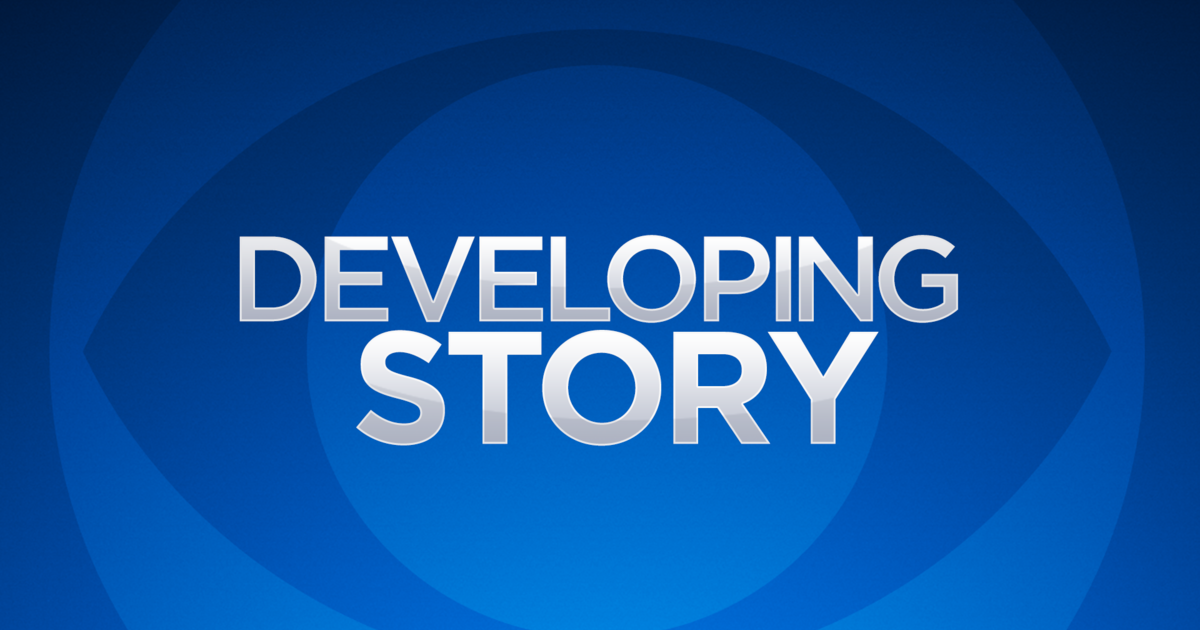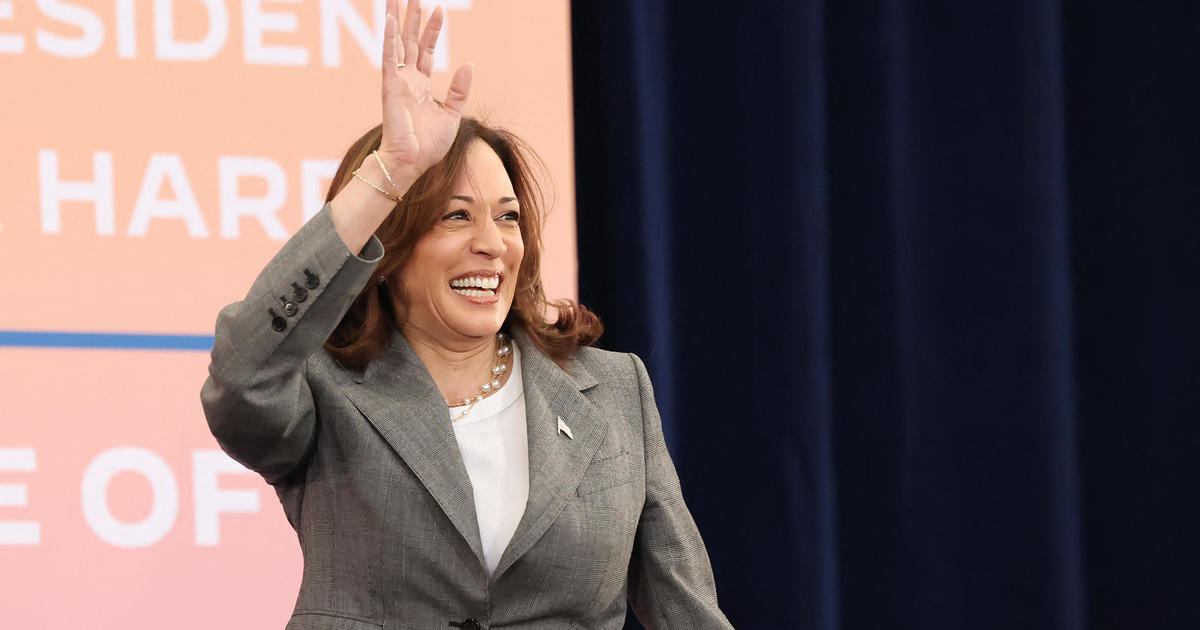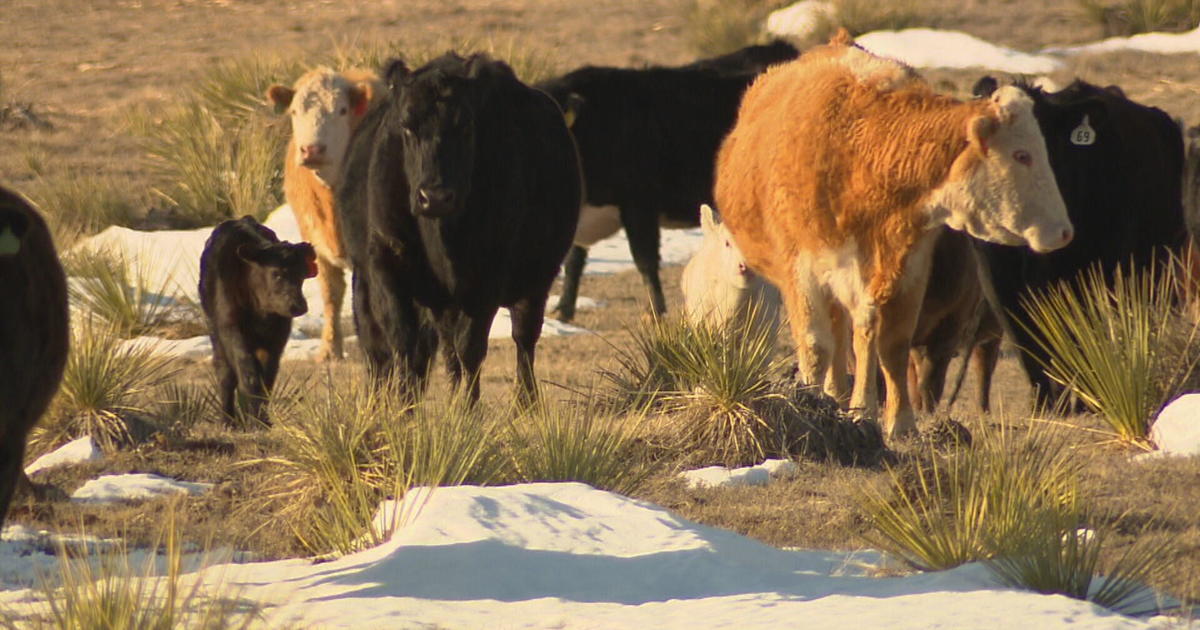CU Silence On Accused Movie Shooter Costly
DENVER (AP) - Last week, University of Colorado Denver officials assured reporters that students and faculty were free to talk about the former graduate student charged with killing 12 people at a movie theater. Then top school officials sent an email thanking people for refusing to talk.
"We appreciate your continued cooperation in helping us honor the authorities' request by not giving media interviews," Chancellor Don Elliman and Executive Vice Chancellor Lilly Marks wrote to students, faculty and staff on Thursday.
On Friday, the school amended that. "It is your right to speak to whomever you wish," Elliman and Marks wrote in a follow-up email.
The reversals underscore the forces buffeting the university after the attack that police tie to James Holmes, a former neuroscience student who was seeing a school psychiatrist and had dropped out a month before the shooting.
The school could face lawsuits; Aurora police told school officials not to reveal details that might hinder the investigation; and a judge ordered the school not to release public records on Holmes.
In the hours after the July 20 shooting, school officials hid the neuroscience program's web pages behind a campus firewall and urged students, faculty and staff to refer reporters to the school press office.
Elliman told The Associated Press on Tuesday the school is doing the best it can within tight legal limits.
"We have specifically not said some things that would have put the university in a better light" because of the constraints, Elliman said.
Holmes was charged Monday with 142 felony counts in the assault during a midnight screening of "The Dark Knight Rises."
The multiplex is a few miles south from where Holmes studied - a mushrooming cluster of glass and steel towers that houses the university's fast-growing Anschutz Medical Campus.
Funded in part by $91 million from the foundation of Denver billionaire Philip Anschutz, the ambitious campus bills itself as the "world's only completely new education, research and patient care facility" and is an effort to put Denver on the international medical map. U.S. News and World Report rankings place its programs among the top 10 in primary care, family medicine, pediatrics and rural medicine. More than 3,100 postgraduate students are at the campus, which has six professional schools and the University of Colorado Hospital.
Holmes enrolled in the neuroscience doctoral program in June 2011, one of only six students who enter annually. He also won a competitive federal grant that paid his tuition and provided a $26,000 living stipend.
Authorities say that several months ago Holmes began receiving shipments at both the university and his nearby apartment. The shipments allegedly included ammunition, combat gear and materials he used to booby-trap his apartment with bombs.
In May, officials said, Holmes began buying guns at local sporting goods stores. On June 7, he took a year-end final exam and bought a semi-automatic rifle. Three days later he withdrew from school. He declined to give a reason.
On July 23, authorities found a package containing a notebook that Holmes had sent to a university psychiatrist whom he had been seeing for undisclosed reasons.
John Banzhaf, a law professor at George Washington University, believes the University of Colorado Denver is hiding something.
"I think the school's on lockdown because there's so much that's potentially embarrassing to it," Banzhaf said. "Having things disappear from websites and putting internal gag orders on shows there might be other things they don't want coming out."
Elliman, a longtime Time Warner executive and former publisher of People Magazine, disputed that Tuesday.
"We want to be as transparent as we possibly can," Elliman said.
Elliman said he could not say when Holmes began seeing psychiatrist Lynne Fenton or why. Faculty can suggest that students see a psychiatrist but not require it.
"It's all voluntary," Elliman said. "If a student withdraws, we're in no position to say to them, 'You should keep seeing a therapist.'"
Thursday's admonition not to talk to reporters also updated the campus on several shooting-related issues. It assured the community that bomb-sniffing dogs had repeatedly swept the campus and the school was inventorying all its labs to ensure no chemicals were missing.
The chancellor said that, after re-reading that email, he and Marks wanted to send a new one Friday making it clear that people were free to tell their stories. The note also urged the community not to do anything that "impedes" the investigation.
"If someone wants to talk, bully for them," he said. "That stands now and it's not changing."
Dan Keeney, who runs DPK Public Relations, a Texas-based crisis communications firm, said the university's reluctance to explain how it handled Holmes carries risks.
"In the absence of clarity, the public's imagination runs wild," Keeney said.
Elliman said he knows it's important to answer questions.
"Silence tells its own story," he said.
- By NICHOLAS RICCARDI, Associated Press
(© Copyright 2012 The Associated Press. All Rights Reserved. This material may not be published, broadcast, rewritten or redistributed.)



